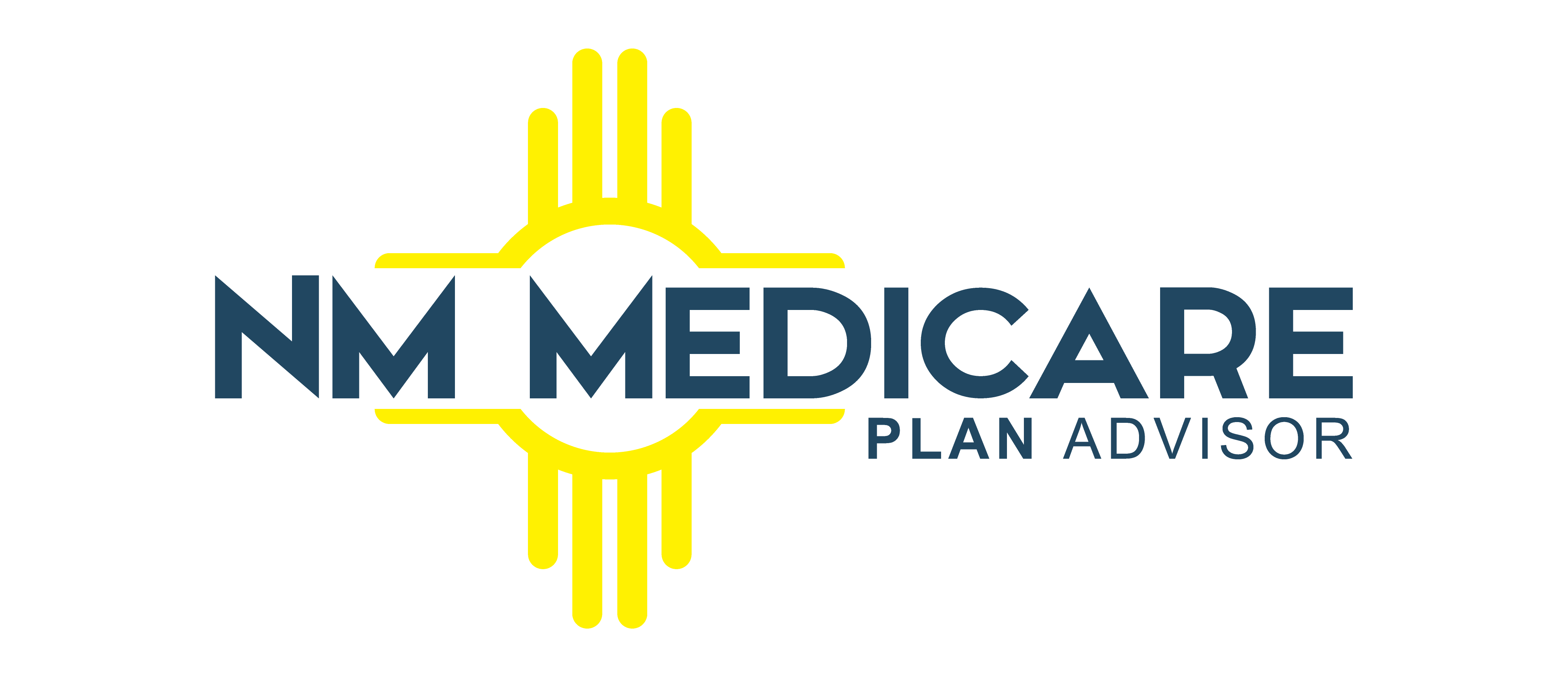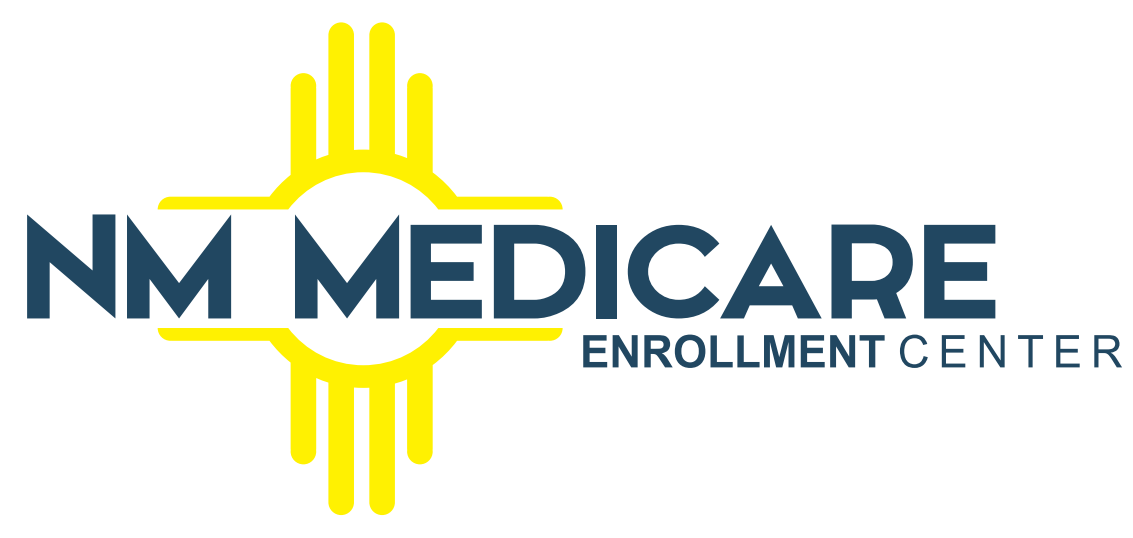Alexander disease is a rare and progressive neurological disorder that affects the central nervous system, leading to the destruction of white matter in the brain and the formation of abnormal protein aggregates known as Rosenthal fibers. This condition is caused by mutations in the glial fibrillary acidic protein (GFAP) gene and can manifest at any age, with varying symptoms and severity.
Given the complexity and rarity of Alexander disease, understanding the available healthcare options, particularly regarding Medicare coverage, is crucial for affected individuals and their families. This article aims to provide an in-depth overview of Alexander disease, its symptoms, forms, and the extent to which Medicare covers its diagnosis and treatment.
Understanding Alexander Disease
Alexander disease is classified as a leukodystrophy, a group of disorders characterized by the degeneration of white matter in the brain. The disease results from mutations in the GFAP gene, leading to the accumulation of Rosenthal fibers within astrocytes, which are supportive cells in the nervous system.
The disease is categorized into several forms based on the age of onset:
- Infantile Form: This is the most common form, typically presenting within the first two years of life. Symptoms may include an enlarged head size (macrocephaly), developmental delays, seizures, and spasticity.
- Juvenile Form: Onset occurs between the ages of 2 and 12 years. Symptoms can involve difficulties with speech, swallowing, and coordination.
- Adult-Onset Form: This form is less common and can present with a range of neurological symptoms, including difficulties with speech and movement.
Diagnosis of Alexander Disease
Diagnosing Alexander disease involves a combination of clinical evaluation, imaging studies, and genetic testing:
- Magnetic Resonance Imaging (MRI): MRI scans can reveal characteristic abnormalities in the brain’s white matter, aiding in the diagnosis.
- Genetic Testing: Identifying mutations in the GFAP gene through genetic testing confirms the diagnosis.
Medicare Coverage for Alexander Disease
Medicare, the federal health insurance program primarily for individuals aged 65 and older, as well as certain younger individuals with disabilities, provides coverage for various medical services. However, coverage for specific services related to rare conditions like Alexander disease can vary.
- Diagnostic Services: Medicare Part B covers medically necessary diagnostic tests, including MRI scans and genetic testing, if they are deemed essential by a healthcare provider for diagnosing a condition.
- Treatment and Management: While there is no cure for Alexander disease, treatment focuses on managing symptoms and may involve a multidisciplinary team. Medicare may cover various services, such as physical therapy, occupational therapy, and speech-language pathology services, under Part B if they are medically necessary.
- Medications: Medicare Part D provides coverage for prescription drugs. Beneficiaries should review their specific plan’s formulary to determine if medications prescribed for symptom management are covered.
- Durable Medical Equipment (DME): Medicare Part B covers DME, such as wheelchairs and walkers, if prescribed by a healthcare provider for use in the home.
Financial Assistance and Support
Managing a rare disorder like Alexander disease can be financially challenging. Several programs and organizations offer support:
- Social Security Disability Insurance (SSDI): Individuals with severe forms of Alexander disease may qualify for SSDI benefits. The Social Security Administration includes Alexander disease in its Compassionate Allowances program, which expedites the processing of disability claims for certain conditions.
- Patient Organizations: Organizations such as the National Organization for Rare Disorders (NORD) provide resources and support for individuals with rare conditions.
- Additional Resources: Consulting with a healthcare provider or a Medicare representative can help clarify coverage options and identify additional resources for financial assistance.

Conclusion
Alexander disease presents significant challenges for affected individuals and their families. Understanding Medicare coverage options is essential for accessing necessary diagnostic and treatment services. While Medicare provides coverage for many services related to the management of Alexander disease, beneficiaries should work closely with their healthcare providers and Medicare representatives to navigate the specifics of their coverage and explore additional support resources.
Navigating Medicare coverage for rare conditions like Alexander disease can be complex. At NM Medicare Enrollment Center, we specialize in guiding New Mexicans through their Medicare options to ensure you find a plan tailored to your unique healthcare needs and budget. Our experienced agents are here to answer your questions and provide personalized assistance. Contact us today at medicarejanette@gmail.com or call 505-717-5578 to schedule a consultation and explore the best Medicare solutions for you.
Frequently Asked Questions (FAQs) about Medicare Coverage for Alexander Disease
- Does Medicare cover genetic testing for Alexander disease? Yes, Medicare Part B may cover genetic testing for Alexander disease if it’s deemed medically necessary by a healthcare provider. This testing is essential for confirming the diagnosis by identifying mutations in the GFAP gene. Coverage depends on meeting specific criteria, so it’s advisable to consult with your healthcare provider and Medicare plan administrator to determine eligibility.
- Are prescription medications for symptom management of Alexander disease covered by Medicare? Medicare Part D provides coverage for prescription medications that are medically necessary. While there is no cure for Alexander disease, certain medications may be prescribed to manage symptoms such as seizures or spasticity. Coverage for these medications depends on your specific Part D plan’s formulary. Reviewing your plan’s formulary or consulting with your plan provider can clarify which medications are covered.
- Does Medicare cover physical, occupational, and speech therapy for individuals with Alexander disease? Yes, Medicare Part B covers outpatient therapy services, including physical, occupational, and speech-language pathology services, if they are considered medically necessary. These therapies can be crucial for managing symptoms and improving quality of life in individuals with Alexander disease. It’s important to have a healthcare provider’s referral and to ensure the therapy services are provided by Medicare-approved practitioners.
- Is durable medical equipment (DME) for Alexander disease patients covered by Medicare? Medicare Part B covers durable medical equipment, such as wheelchairs, walkers, and communication devices, if prescribed by a healthcare provider for use in the home. For coverage, the equipment must be deemed medically necessary and prescribed by a Medicare-enrolled physician. Ensure that both the supplier and the prescribing physician are enrolled in Medicare to facilitate coverage.
- Are there any financial assistance programs for Medicare beneficiaries with Alexander disease? Yes, individuals with Alexander disease may qualify for financial assistance programs such as Social Security Disability Insurance (SSDI). The Social Security Administration includes Alexander disease in its Compassionate Allowances program, which expedites the processing of disability claims for certain conditions. Additionally, patient organizations like the National Organization for Rare Disorders (NORD) offer resources and support for individuals with rare conditions. Consulting with a healthcare provider or a Medicare representative can help identify additional resources for financial assistance.



